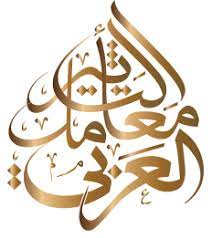Religious rituals of immigrant minorities and their role in consolidating cultural identity in the Diaspora
DOI:
https://doi.org/10.36317/kaj/2021/v1.i47.238Keywords:
Religious rituals, immigrant minorities, cultural identityAbstract
The practice of religious rites is one of the most important forms of embodiment of identity among the people of the communities, as it represents an opportunity for the people of the communities to connect with their cultural, social and religious roots. On the other hand, it is an opportunity to link their children from the new generation who grew up in the diaspora with the mother culture, as their families are eager to instill some of the values of the origin community in their cultural identity, away from the influence of the dominant culture of the society. Hence the importance of this anthropological study for the purpose of presenting a practical example of one of those social practices of Iraqi immigrants in the US state of Michigan. It is a walking march performed by a large crowd of people in one of the streets of the city of Dearborn. This march represents a simulation of the Arbaeen march, which is usually performed by millions of people towards the tomb of Imam Hussein in the Iraqi city of Karbala. Here, the people of the community are persevering in exploiting these practices to highlight the bright side of Islam in the face of the distortion campaigns waged by the shady media.
Downloads
Downloads
Published
How to Cite
Issue
Section
License
Copyright (c) 2021 Ahmed Jaffer Sadiq Al-Ansari

This work is licensed under a Creative Commons Attribution 4.0 International License.



















